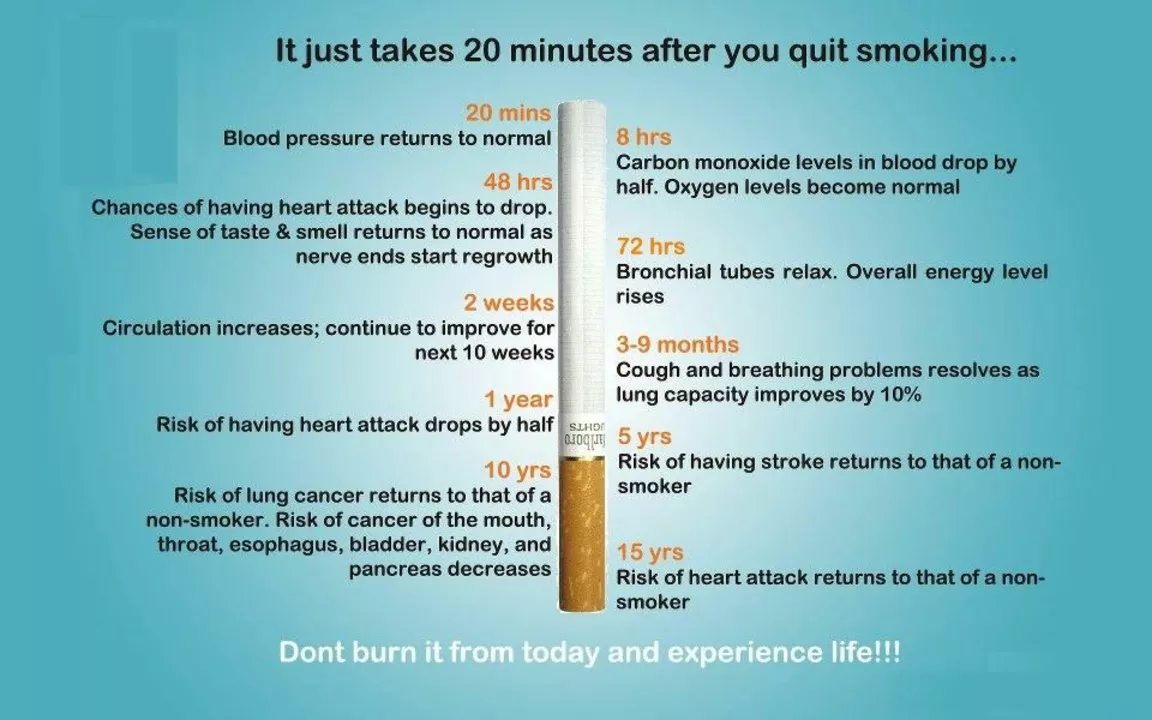Quitting strategies that actually work: clear, simple steps
Trying to quit something — cigarettes, alcohol, or a medicine you no longer need — is messy and personal. You don’t need a perfect plan, you need a plan that fits your life and keeps you safe. Below are practical steps you can use right away, whether you’re stopping nicotine, cutting down alcohol, or tapering prescription meds.
Quick step-by-step plan
1) Pick a date and commit. Short-term goals work better than vague promises. Pick a quit day within two weeks so you can prepare but not overthink.
2) Tell someone. Tell one or two people who will check in without judging. Support makes a big difference.
3) Make the environment easy. Remove cigarettes, booze, or leftover pills. Hide triggers like ashtrays, certain snacks, or places that trigger a drink.
4) Replace the habit. For smoking, try nicotine gum, patches, or lozenges. For strong cravings, a walk, chewing gum, or a glass of water helps. If you’re quitting a medication, ask your doctor about a taper schedule — never stop some drugs cold turkey (benzodiazepines, opioids, some antidepressants) without guidance.
5) Use meds when they help. For quitting smoking, bupropion or varenicline can double your chances. For alcohol dependence, medications like naltrexone or acamprosate cut cravings for many people. Talk to your provider or pharmacist about options and side effects.
6) Track progress. Use a simple chart or phone note. Celebrating small wins (24 hours, 3 days, one week) keeps motivation up.
Cravings, relapses, and when to get help
Cravings peak and then pass. Plan short techniques: deep breaths for 5 minutes, call a friend, or leave the situation. If you slip, don’t view it as failure. Learn what led to it and plan the next move.
Get medical help if withdrawal feels dangerous. Severe alcohol or benzodiazepine withdrawal can be life-threatening and may need supervised detox or meds. If you feel suicidal, extremely disoriented, or have seizures, seek emergency care.
Find structured help: counseling, cognitive-behavioral therapy, group meetings, or online support forums. Pharmacists can help with nicotine replacement and drug interactions. Primary care doctors can write taper plans and prescribe medications for dependence.
Relapse prevention matters: avoid high-risk places at first, swap routines that trigger old habits, and set up rewards for milestones that don’t involve the addictive substance.
Quitting isn’t linear. Expect setbacks, plan around them, and use the tools you can access: a trusted clinician, medication when needed, support people, and simple coping tricks. Small, consistent steps add up to real change.
The impact of smoking on renal failure: understanding the risks and quitting strategies
As a blogger, I have recently delved into the topic of the impact of smoking on renal failure, and the findings are quite alarming. It's clear that smoking significantly increases the risk of kidney disease, with some studies even suggesting that it can double the chances of renal failure. This is a major concern as it can lead to life-threatening health issues. Thankfully, there are various quitting strategies available, including nicotine replacement therapy, counseling, and support groups, which can help smokers kick the habit and reduce their risk. It's important for us all to be aware of the dangers of smoking on our kidney health and take necessary steps to quit if we're smokers.
The impact of smoking on renal failure: understanding the risks and quitting strategies

As a blogger, I've come to understand the significant impact smoking has on renal failure. Research has shown that smoking can worsen kidney function, increase the risk of kidney diseases, and potentially lead to renal failure. The harmful chemicals in cigarettes damage blood vessels, making it harder for kidneys to filter toxins from the body. Quitting smoking is crucial for reducing these risks and improving overall kidney health. I encourage anyone struggling with this addiction to seek support and explore various quitting strategies, such as nicotine replacement therapy, counseling, and support groups.
